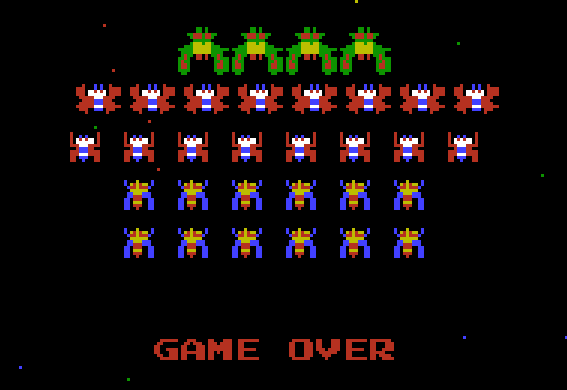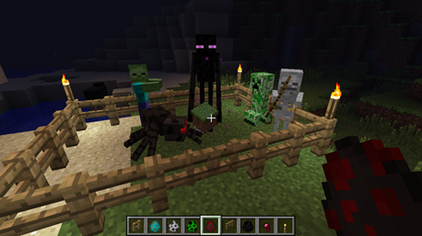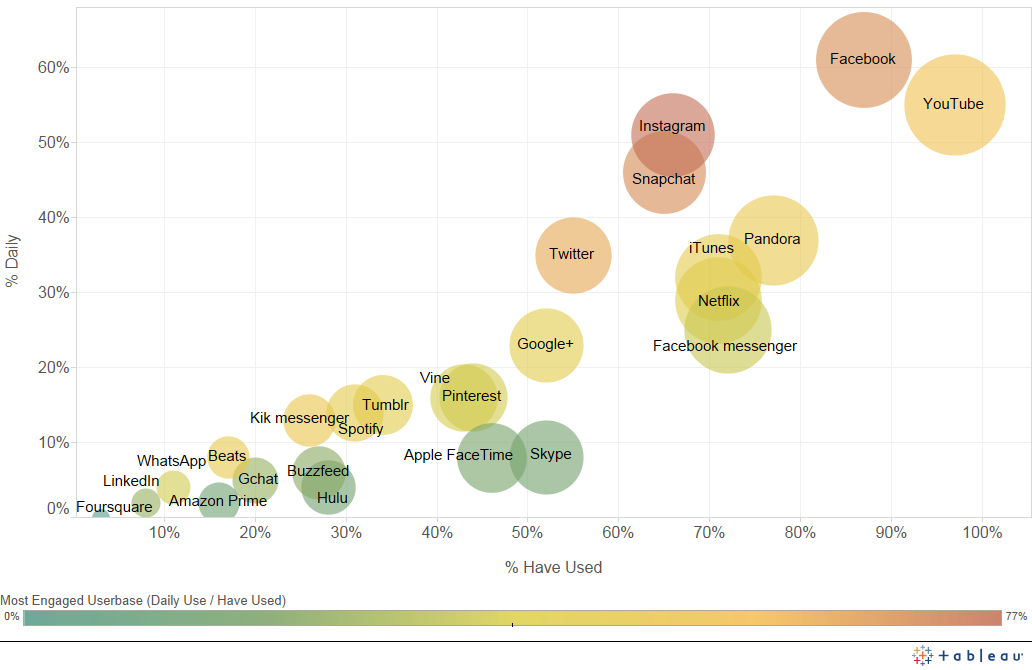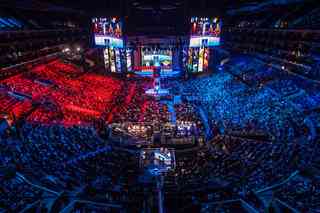The Video Gamers that is...
Five quick links that hopefully will get you thinking just a little bit differently or more broadly about the role and value that video games, particularly multi-player online games are having in society, and ultimately workplaces.
First the big news from earlier in the week:
Amazon to buy video game broadcasting site Twitch for $970M (CNNMoney)
Amazon agreed on Monday to pay $970 million to acquire Twitch, a service that lets users watch and broadcast video game play. Each month millions of people tune into Twitch to watch friends and strangers play video games, including competitive tournaments.
An acquisition by Amazon and the lofty price tag would seem to validate the rise of gaming as a spectator sport. Advertisers are often willing to spend top dollar to reach audiences lured by live sporting events.
"Broadcasting and watching gameplay is a global phenomenon and Twitch has built a platform that brings together tens of millions of people who watch billions of minutes of games each month," Amazon founder and CEO Jeff Bezos said in a statement.
Just how popular are video game tournaments, not just online but as big-time events?
League of Legends eSports Finals Watched by 32 Million People (The Verge)
Riot Games has claimed that its largest eSports event yet, the League of LegendsSeason 3 World Championship broadcast over Twitch livestream on October 4th, was watched by 32 million people, 8.5 million of whom were watching at the same time. The numbers shatter previous records for eSports viewership, and show that video game streams can rival TV in terms of scale and reach.
But is anyone, besides the big medial companies, actually making eSports an actual, you know, career?
The Highest-paid Professional Gamers in the World (Business Insider)
Playing video games for a living is the dream of pretty much every adolescent male at one point or another. Believe it or not, there are gamers who are doing exactly that. And they're making some serious money. e-Sports Earnings has ranked the 100 players with the highest overall earnings from competitive gaming. Over 60 gamers have earned over $100,000 in prize money. To top it off, that's not even counting the sponsorship deals and income that many of these players receive from streaming their practice games on services like Twitch.
Well, so what really? And this is a (mostly) HR/Talent/HR Tech blog, so why are we visiting video games again?
Should You Put World of Warcraft on Your Resume? (HBR)
The cognitive and social skills demanded in complex multiplayer games can be every bit as subtle, sophisticated and challenging as stud poker or bridge. Indeed, I know Silicon Valley and (admittedly younger) hedge fund quant teams who bond and boost morale through their Minecraft bouts. I may not fully understand the details of what they’re doing but there’s no doubt that these interactions are building relationships as well as protective structures. These teams —and the organizations that employ them—would likely welcome colleagues and candidates with authentic video-game passion and talent. Trust me, these folks will not be golfing at Torrey Pines.
And one more, just to offer a hint or two at where things might be heading. And note, while typing this post up I had on some sports talk radio on in the background where the hosts just spent 10 minutes talking about the latest NFL suspension levied upon a player for launching his body/helmet missile-like at a defenseless opponent.
Gladwell: Why College Football is Like Dog Fighting (CNN)
In what way is dog fighting any different from football on a certain level, right? I mean you take a young, vulnerable dog who was made vulnerable because of his allegiance to the owner and you ask him to engage in serious sustained physical combat with another dog under the control of another owner, right?
Well, what's football? We take young boys, essentially, and we have them repeatedly, over the course of the season, smash each other in the head, with known neurological consequences. And why do they do that? Out of an allegiance to their owners and their coaches and a feeling they're participating in some grand American spectacle. They're the same thing. And the idea that as a culture we would be absolutely quick and sure about coming to the moral boiling point over the notion that you would do this to dogs and yet completely blind to the notion you would do this to young men is, to my mind, astonishing. I mean there's a certain point where I just said, you know, we have to say enough is enough.
Steve here - You were probably surprised a little bit on Monday when you heard about Amazon dropping just shy of $1B on a video game streaming site called Twitch. And if you were surprised that is ok, for now anyway.
But I think as a progressive HR and Talent professional you probably need to become more familiar and comfortable with thinking about games and gamers a little bit differently.
Video games are everywhere. They are mainstream. And more and more people are going to walk into your office and want to talk about the success they have had leading teams in GTAIV or World of Warcraft and hopefully you will get what they are talking about, just like you inherently understand and value 'real' sports backgrounds and success.
Happy Wednesday.


 Steve
Steve



